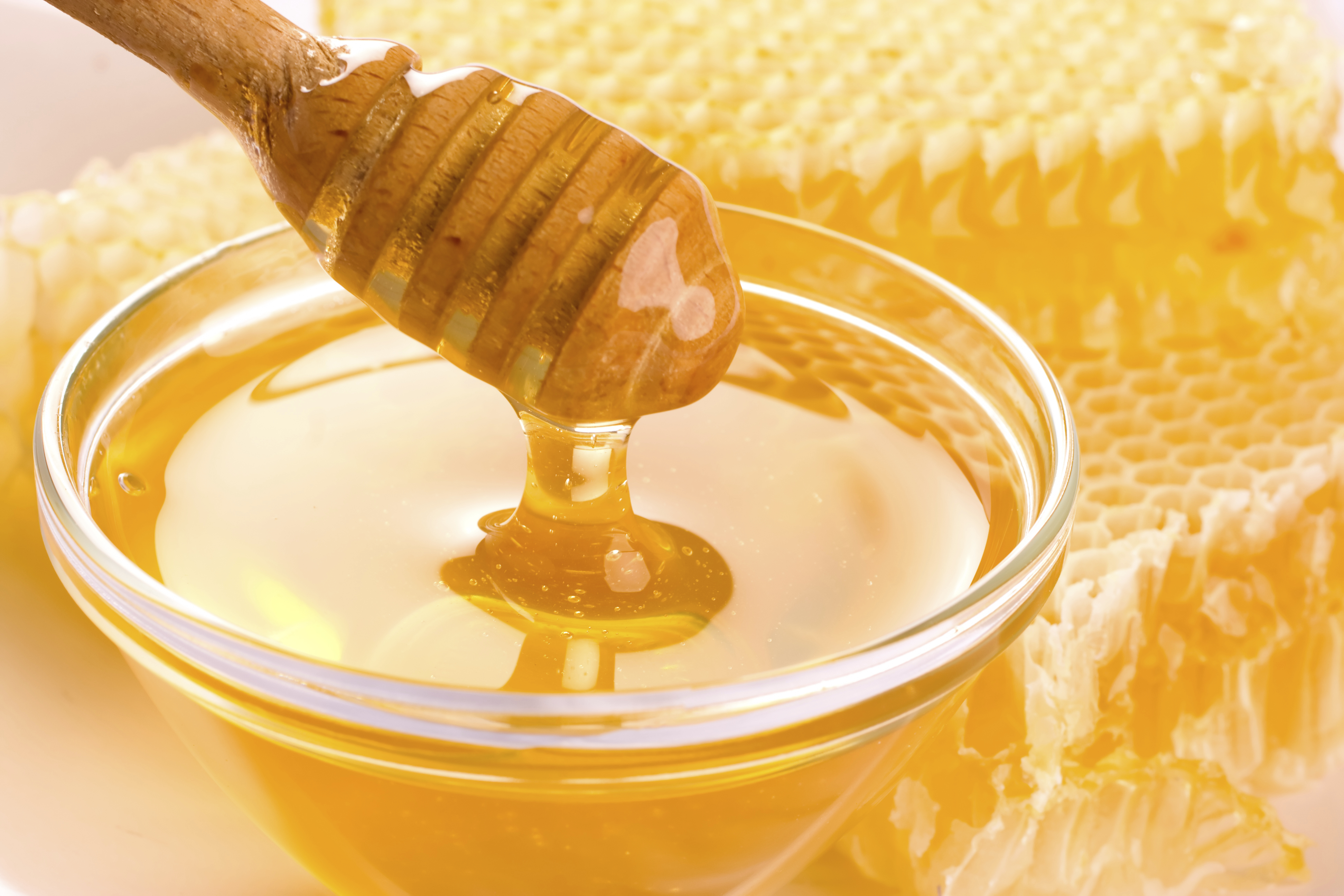Over recent years there has been a lot of buzz about fructose. You may have read news stories demonizing this sugar and blaming it for a variety health maladies. The truth is there is no science that shows a negative causal effect between fructose and health issues.
Fructose is a simple sugar. It’s a component of many types of common sweeteners and is also used on its own in food processing. Fructose is metabolized primarily by the liver and has a low glycemic index.
Most likely, you use some form of fructose at home. For instance:
- Sucrose: The sugar bowl you have at home is probably filled with granulated sugar. Sucrose contains 50 percent fructose and 50 percent glucose.
- Honey is also about 50 percent fructose and 50 percent glucose.
- Agave Nectar is available as an alternative sweetener and is about 70 percent fructose.
- Fruit contains fructose (which is why fructose is often coined “fruit sugar”).
It’s important to note that almost all of the fructose we consume in our diets is coupled with glucose. The primary sources of fructose in our diets – fruits, vegetables, nuts, sucrose, high fructose corn syrup and honey – all contain comparable amounts of glucose and fructose.
Whether you get fructose from fruit, agave syrup, honey or other foods, it’s always going to be metabolized in the same manner. Those who have challenged the “safety” of fructose propose a weak hypothesis that usually involved distorted amounts of fructose that aren’t normally consumed in the diet (such as “fructose-only” studies). As nutrition professionals who review research, it’s important to distinguish that which may be statistically significant to that which is clinically relevant. Analyzing the whole diet, as well as all other aspects of the person’s history, is required before making recommendations.
Most people are already limiting fructose (fructose accounts for only about 9 percent of calories in a typical diet) but the Dietary Guidelines recommend reducing added sugar. Limiting the total amount of sugar in the diet is more important than the type. Reducing overall portions of sweets with a balance of whole foods can help ensure sugar intake is reasonable.
 Rosanne Rust MS, RDN, LDN is a registered, licensed dietitian-nutritionist with over 25 years experience. As a Nutrition Communications Consultant she delivers clear messages helping you understand the science of nutrition so you can enjoy eating for better health. Rosanne is the co-author of several books, including DASH Diet For Dummies® and the The Glycemic Index Cookbook For Dummies®. A wife, and mother of 3 boys, she practices what she preaches, enjoying regular exercise, good food and festive entertaining. Follow her on Twitter @RustNutrition.
Rosanne Rust MS, RDN, LDN is a registered, licensed dietitian-nutritionist with over 25 years experience. As a Nutrition Communications Consultant she delivers clear messages helping you understand the science of nutrition so you can enjoy eating for better health. Rosanne is the co-author of several books, including DASH Diet For Dummies® and the The Glycemic Index Cookbook For Dummies®. A wife, and mother of 3 boys, she practices what she preaches, enjoying regular exercise, good food and festive entertaining. Follow her on Twitter @RustNutrition.

